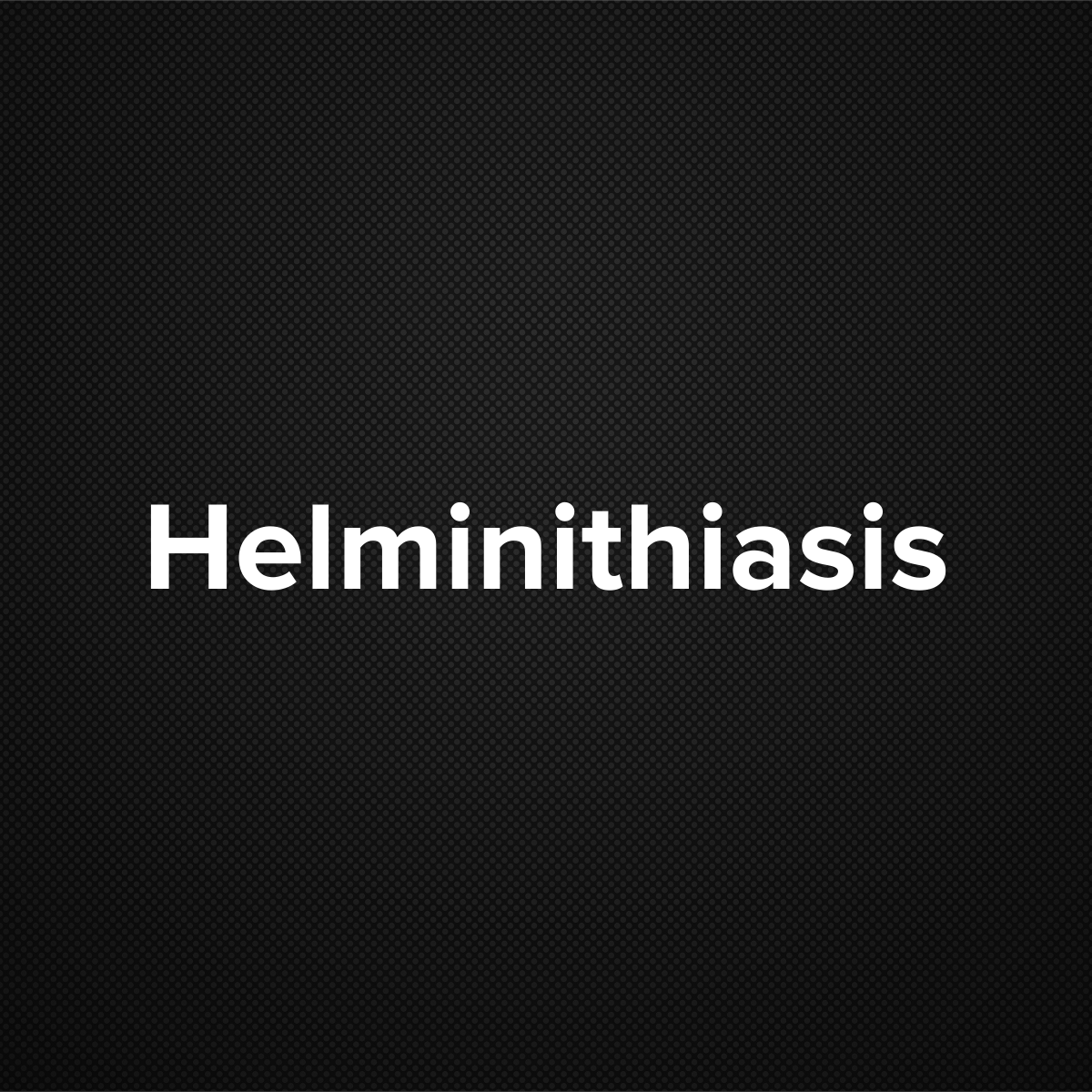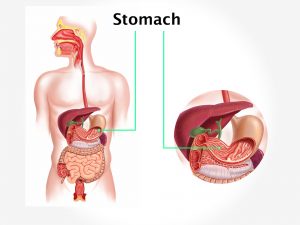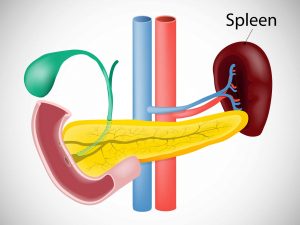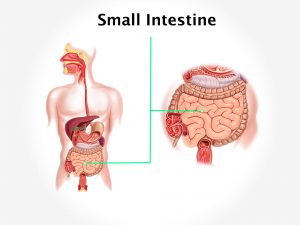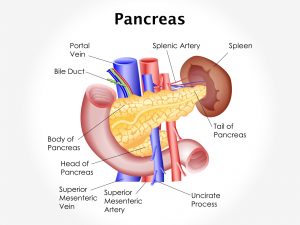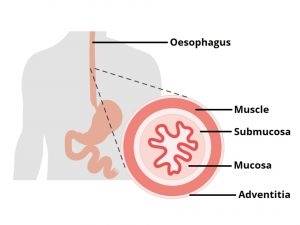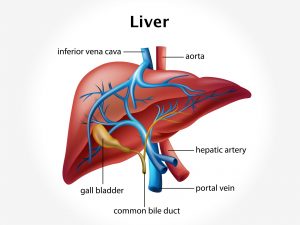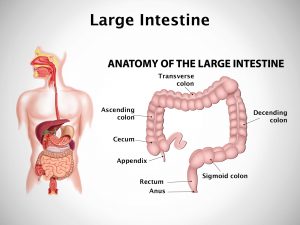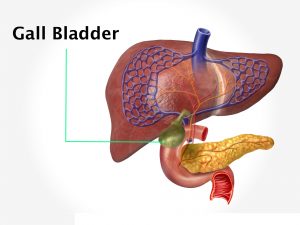Causes and risk factors
Helminthiasis is caused due to intestinal parasitic worms. Various worms like Ascaris lumbricoides, Trichuris trichiura, Necator americanus, and Ancylostoma duodenale, etc., cause the infection. The parasite harbors into the human body. A person infected with these parasites passes eggs in the feces. Open defecation causes contamination of the soil with the eggs of the parasite. Accidentally, contamination with food or raw vegetables causes the entry of parasite into the human body. The eggs are hatched into larva in the small intestine and they grow into adult worm. The adult worm then lays eggs which are passed through the feces into the environment and thus a new cycle continues. Contamination of the infected soil with food or working in soil or infected dirt areas causes transmission of the organism. Immune compromised people, old people, and children whose immunity is yet to build up completely are at high risk for developing the infection. The infection is more prevalent in areas where there is poor sanitation and in warm climate areas.
Clinical presentation
Ingestion of contaminated food causes pain in the abdomen, nausea, vomiting, and diarrhea. The patient experiences cramps while passing stools. The stool is watery and bloody. Fever, loss of appetite, weakness, and purities are the other symptoms seen. Itching at the anal region can be complained by the patient. It leads to protein and iron deficiency and hampers the overall nutrition status of the individual. Recurrent infection in children impairs the physical and mental development of the child due to lack of essential nutrition. Weight loss is seen. Worm infestation can lead to various complications like peritonitis, obstruction of the intestine, enlargement of liver and spleen, or inflammation in some other parts of the body.
Investigations
Diagnosis is confirmed on the basis of the symptoms narrated by the patient and on the basis of physical examination carried out by the doctor. Stool examination is a diagnostic tool. Diagnosis can also be confirmed with the help of abdominal x-rays or endoscopy. Certain other routine investigations like complete blood count, urine test, etc., can also be advised.
Treatment
Administration of oral medications is the only line of treatment. Anthelmintics are prescribed. Iron supplements can also be advised. In severe cases like peritonitis or obstruction of the intestine, the person is hospitalized and appropriate treatment is given. Along with this, certain preventive measures need to be implemented. It comprises of maintaining personal hygiene, avoiding open defecation, and not using untreated night soil as fertilizer. One should avoid walking barefoot in soil or infection prone areas. All vegetables and meat should be properly washed and cooked.
Other modes of treatment:
Certain other modes of treatment can also be helpful in coping up with the symptom. Taking into consideration the symptoms in a holistic way, homoeopathy can offer a good aid for the relief of the symptoms. The Ayurvedic system of medicine which uses herbs and synthetic derivates can also be beneficial in combating the complaints.
